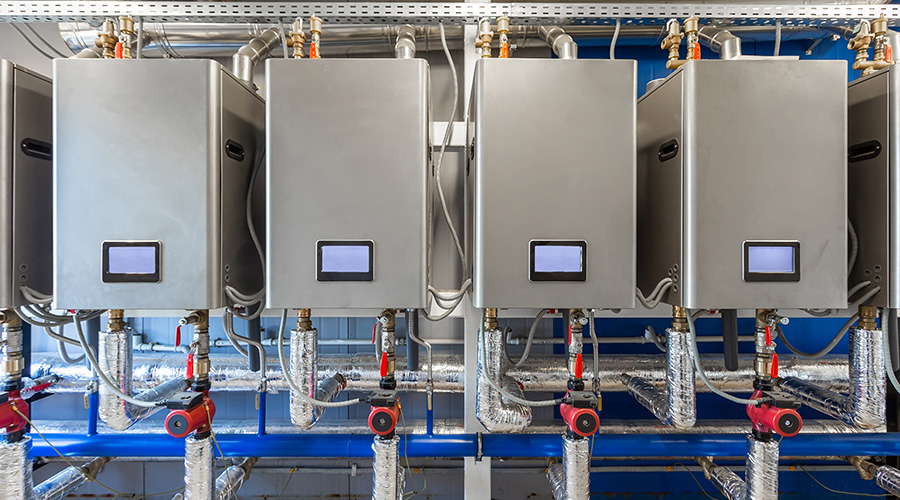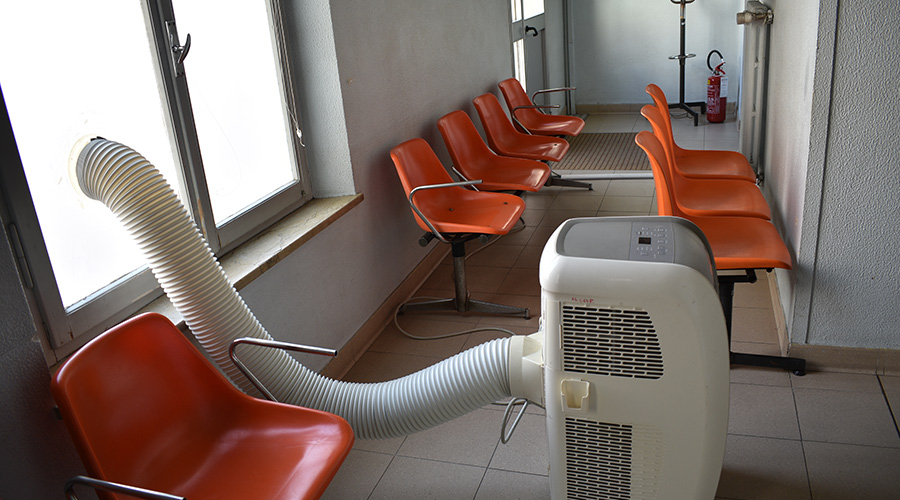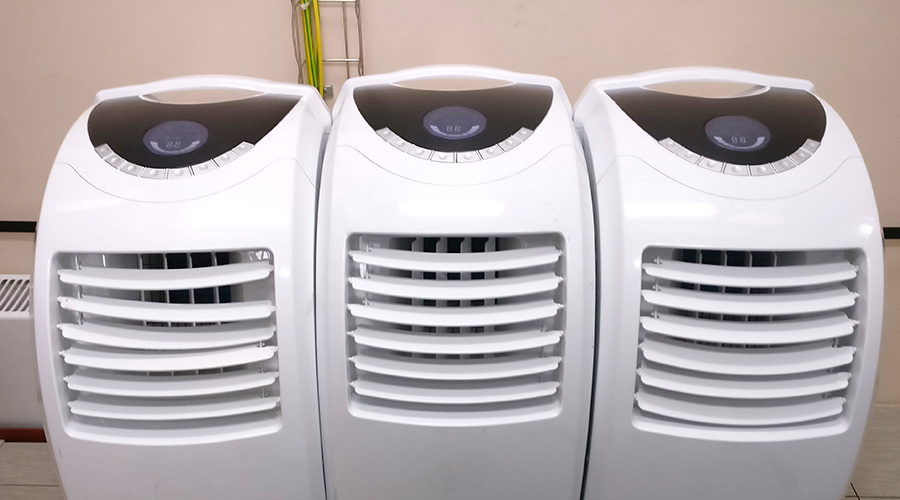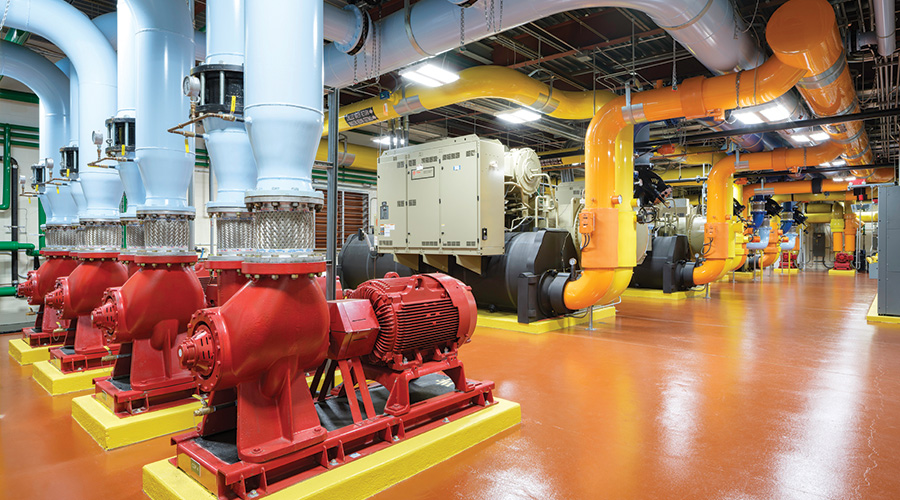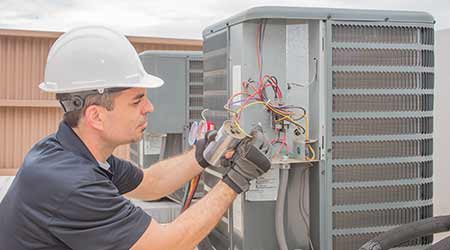 Managers who closely monitor and analyze the operation of HVAC systems can achieve savings.
Managers who closely monitor and analyze the operation of HVAC systems can achieve savings.Energy Waste: The Benefits of Retrocommissioning
Retrocommissioning offers managers the opportunity to take a closer look at HVAC system efficiency.
Maintenance and engineering managers can address the common culprits in HVAC energy losses, but they also must be on the lookout for additional problems. As systems grow more sophisticated, the number of things that can go wrong multiplies exponentially. They can detect many issues through the diagnostic software that is part of the control system or the facility’s building automation system, but not all of them.
Systems might not have been properly set up in the first place. Sensors might have drifted out of calibration. Technicians might have bypassed controls just to get something operating. To detect these and other issues, managers need to dig deeper. Recommissioning offers managers the opportunity to take a much closer look at system efficiency.
Recommissioning involves systematically going through the entire HVAC system to detect and correct deficiencies and defects, including those that existed at the time of construction. It is not a punch list of quick-fix solutions. It is time-consuming and can be expensive, but typically, it provides a return on the investment that ranges from a few months to one or two years, depending on the state of the HVAC system.
The best candidates for recommissioning are facilities that never went through a commissioning process in the first place. Most of these facilities have glitches and defects caused by design errors, field changes that were introduced by technicians who did not understanding the impact they would have on operations, oversized equipment, and improperly installed systems.
Another good candidate for recommissioning is a facility that has seen major changes in the way an area is used or where equipment has been upgraded or replaced. In these cases, systems might no longer meet the needs of the occupants efficiently.
Facilities where technicians have performed little or no preventive maintenance also are likely to benefit from recommissioning. In all cases, the results might be overwhelming at first, but by identifying the deficiencies and prioritizing their repair, managers can ensure that HVAC system operating efficiencies are as high as possible.
Related Topics:











